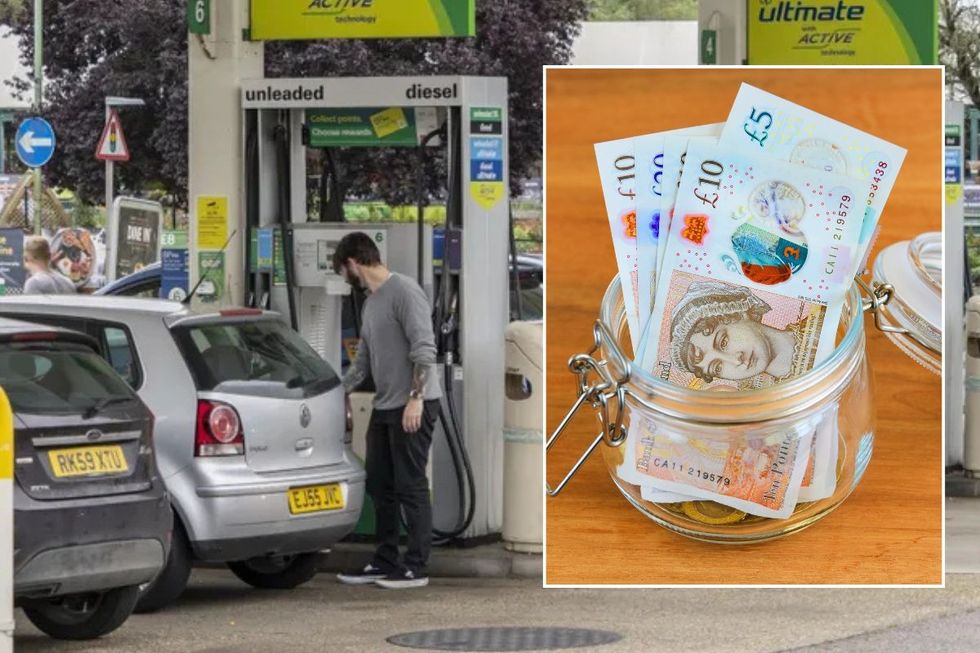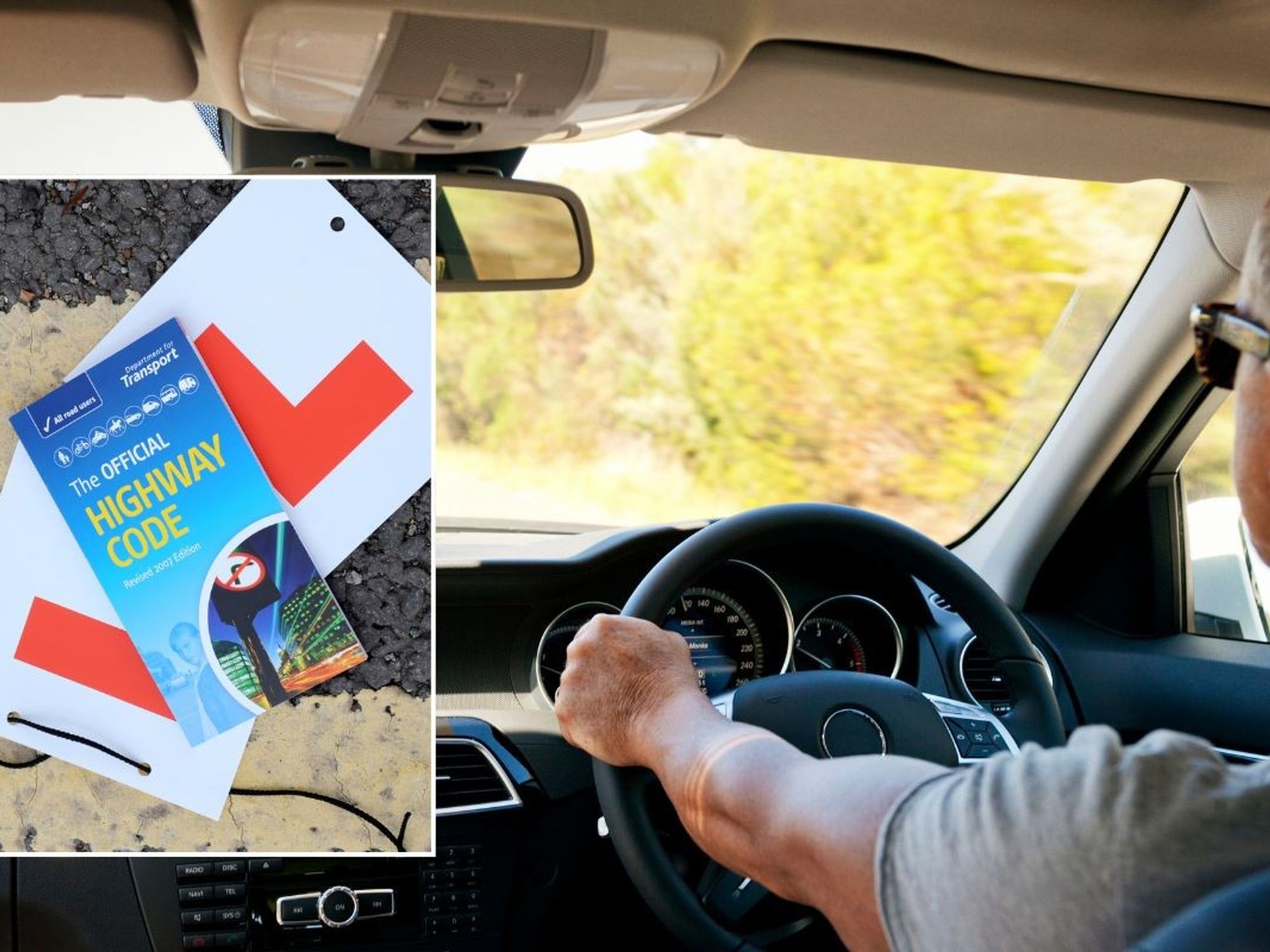WATCH: Motorists to see HUGE diesel and petrol price rises
GB NEWS
Small changes to driving habits could see motorists save hundreds or even thousands of pounds a year
Don't Miss
Most Read
Trending on GB News
Drivers could save more than £500 a year simply by adopting "eco-driving" techniques, according to new research from a road safety charity.
The findings, based on data from 4,500 participants in the IAM RoadSmart "Driving for Work" training courses, reveal significant financial benefits for those who embrace more efficient driving habits.
For large van fleets, these savings could potentially run into hundreds of thousands of pounds annually.
The research also shows that eco-driving could cut CO2 emissions by up to 14 per cent, equivalent to the emissions produced when driving a lap of Britain's coastline.
Do you have a story you'd like to share? Get in touch by emailingmotoring@gbnews.uk

Motorists could save more than £500 per year in fuel costs with 'eco-driving' methods
GETTY/PA
The average independent trader using a van is losing hundreds of pounds on fuel costs due to aggressive driving styles.
Behaviours such as excessive speed, sharp acceleration and sudden braking put extra strain on vehicles while increasing fuel consumption.
According to IAM RoadSmart's data, adopting eco-driving techniques could save drivers £539 annually on fuel alone. They could also spend up to £144 less on new tyres each year.
These savings are particularly significant for small businesses where operating costs directly impact profitability.
So-called "eco-driving" involves several key techniques that can significantly reduce costs and environmental impact, including accelerating smoothly, maintaining steady speeds, avoiding sharp braking, and changing gear efficiently.
IAM RoadSmart's research has prompted calls for independent traders, fleet drivers and businesses to consider "Driving for Work" courses.
Nicholas Lyes, IAM RoadSmart Director of Policy and Standards, said: "Driving aggressively is one of the most pointless things someone can do. It's dangerous, stresses out the person doing it, angers other road users, costs you more money and will not get you where you want be any more quickly.
"In a nutshell, you are burning money, creating more emissions and risking a crash for absolutely no benefit."
Separate research from IAM RoadSmart revealed that unbranded white van drivers are perceived as the most aggressive road users.
In a survey of more than 2,000 motorists, half thought "white van men" were most likely to display aggressive behaviours such as tailgating, undertaking and gesticulating.
Almost half believed white van drivers were most likely to disobey road signs, park inconsiderately, or ignore traffic lights.
Lyes added: "For independent traders, it will help dispel the perception that many have that they are more aggressive than other road users, ridding themselves of the 'white van man' stereotype.
LATEST DEVELOPMENTS:

Britons believe 'white van men' are more likely to commit road offences
PEUGEOT"The data from our Driving for Work course shows that those companies not taking fleet training seriously are essentially pouring money down the drain by letting negative driver behaviours go unaddressed.
"By investing in driving efficiency training, businesses can take impactful steps towards eliminating poor driver habits and begin unlocking the big savings that come in doing so."








